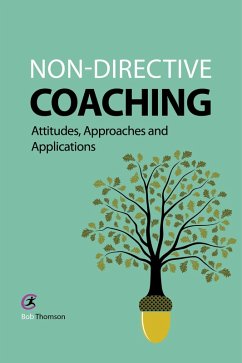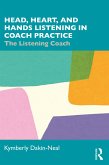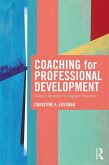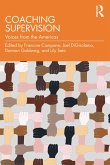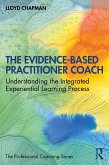This is a key text for both practitioners and those on postgraduate coaching courses, including MAs, certificates and diplomas. It looks at the foundations of a non-directive approach to coaching and then shows how coaches working primarily non-directively can develop their practice by assimilating ideas from a range of approaches. Therapies such as cognitive behavioural coaching, neuro-linguistic programming (NLP) and Gestalt are examined and the author demonstrates how some of the key principles of these can be used or adapted. The book also looks at how non-directive coaching skills might be applied in a number of other fields, such as staff development, supervision and mediation. The text acknowledges that there is no single way to coach effectively and that it is impossible to be totally non-directive as a coach. However, it promotes the need for a coach to be very clear about how directive or non-directive they wish to be, both in their overall approach and as they decide in the moment what to say or do next in a coaching conversation. Reflective questions at the end of each chapter encourage the reader to think about the key issues, explore the implications and examine their own experiences.
Dieser Download kann aus rechtlichen Gründen nur mit Rechnungsadresse in A, D ausgeliefert werden.

